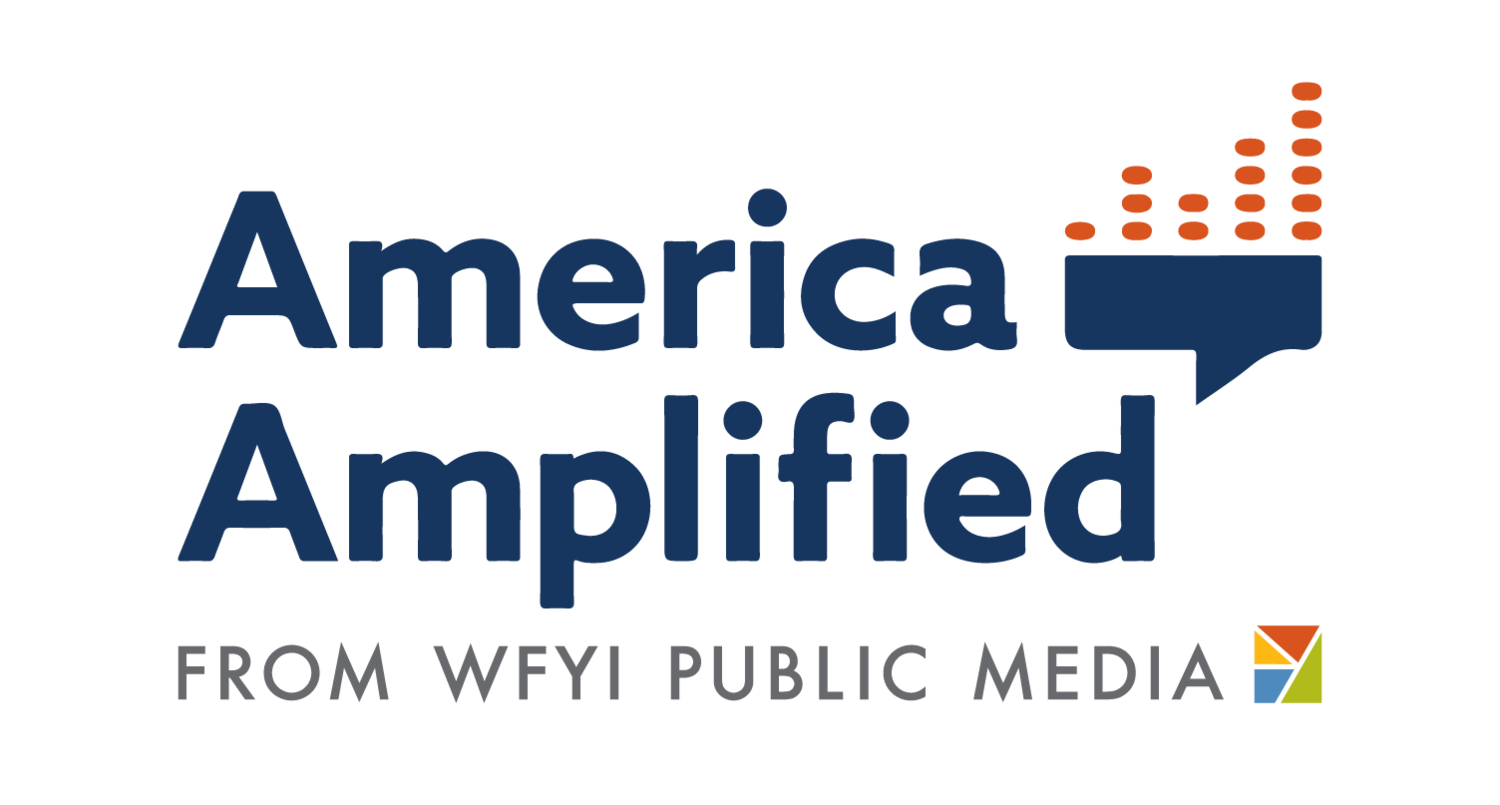Unveiling Urban Insights Through Social Media: How KQED Amplified Community Voices on Housing Affordability and Rent Control
Credit: Elizabeth Ferrier, America Amplified
Project Summary
In 2018, KQED’s then senior editor of podcasts Jessica Placzek worked with Matt Levin, then with CalMatters, on a groundbreaking community engagement initiative aimed at shedding light on the pressing issue of housing affordability. Leveraging the power of social media platforms such as Twitter (now X) and Facebook, she amplified the voices of residents facing housing challenges, catalyzing a dialogue for housing justice and fostering a more engaged audience. It is an effort that continues to this day.
Objective
The primary objective of this project was to capture the diverse perspectives of Bay Area residents on the issue of housing affordability, what their questions were, and answer those questions. The aim was to raise awareness about the urgent need for affordable housing solutions and advocate for policies prioritizing housing security for all.
The Challenge
Housing affordability and rent control have long been a critical issue plaguing the Bay Area, with skyrocketing rents and housing costs pushing many residents to the brink of displacement. The challenge was to effectively engage with residents across diverse communities and amplify their voices meaningfully. Navigating the complexities of social media engagement, particularly on platforms like X and Facebook, meant that staff had to sift through many posts and comments to distill authentic, diverse perspectives and questions on housing and to host a Q&A to answer those.
The Solution
To address this challenge, the radio station's team strategically utilized social media platforms to create dedicated hashtags, Q&As, and threads where Bay Area residents could share their experiences and perspectives on housing affordability and rent control. This online engagement provided a platform for community members to voice their concerns and questions.
Many viewers shared their experiences in comments on ????:
“As someone who may never be able to own, having my rent increased every year is hard enough but to have it increased more than 8% is outrageous”“Lost our home in the Tubbs Fire. Now renting a two-bedroom apartment for $2700! The housing is so upside down and wrong!”
“Once I was charged a “reletting” fee by a landlord...I questioned it with a lawyer and found that it’s a bogus fee.”
Others asked questions during the live Q&A:
“One issue we faced in Alameda was- is the end of a lease an eviction? Should tenants get relocation fees if a landlord refuses to renew their lease?”
“Why would a landlord ask for a new lease? We recently experienced this, twice. Both times the landlords were getting paperwork in order to sell the property.”
The Takeaways
Community-Driven Insights: Social media served as a powerful tool for collecting real-time, unfiltered feedback from a diverse range of Bay Area residents. By facilitating open conversations, these platforms allowed participants to share their personal experiences and challenges related to housing affordability.
Amplification of Voices: Through the strategic use of hashtags and targeted outreach, the live Q&A, with Jessica and Matt on July 31st, 2018, now has more than 3.9 million views, ensuring those answers reached a wider audience. This amplification was crucial in raising awareness about the human impact of the housing crisis and galvanizing support for solutions for rent control.
Fostering Community Action: By elevating community voices and sparking conversations on social media, KQED played a pivotal role in fostering community action around housing affordability and rent control. The engagement initiative inspired residents to share their thoughts on policy changes and the housing crisis.
Leveraging Online Platforms for Impact: The success of these engagement initiatives showcased the potential of social media platforms as catalysts for community-driven journalism and advocacy. By leveraging digital spaces, KQED demonstrated that online platforms can be powerful tools for amplifying community voices.


